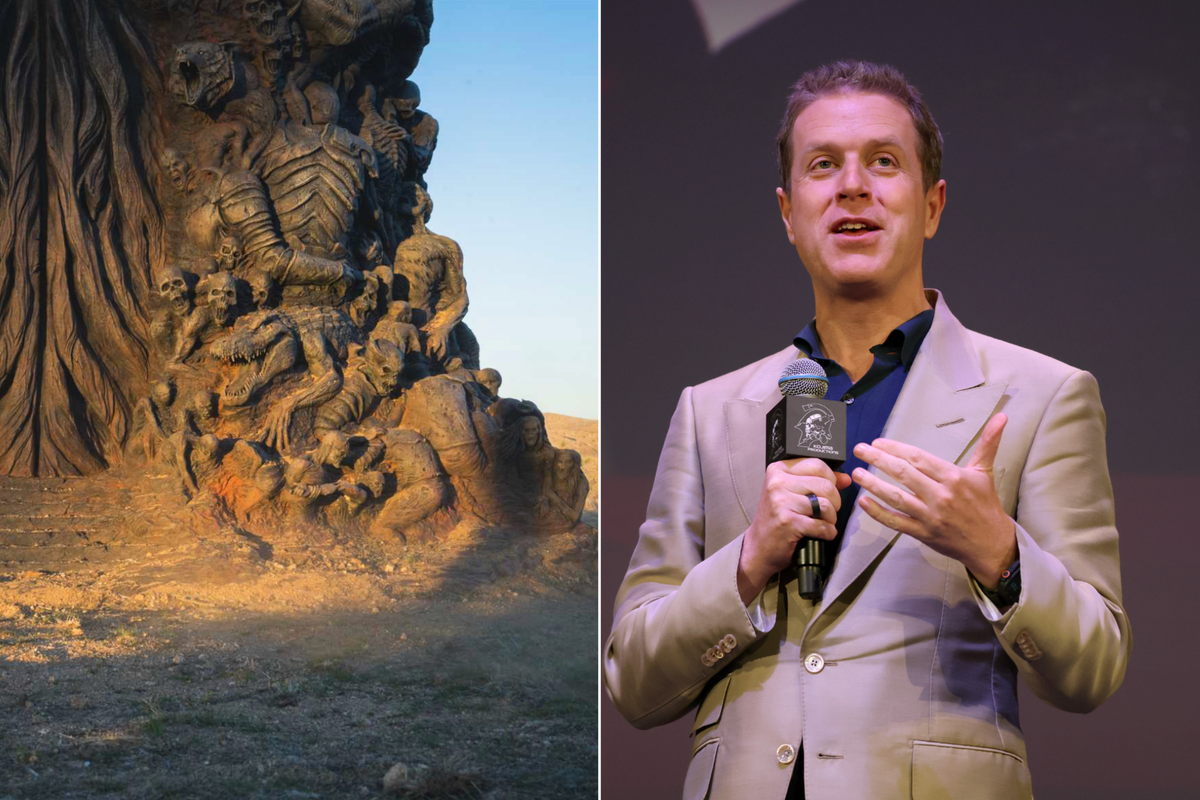Ellie Abraham
Feb 17, 2023
Stacey Solomon divides the internet over how often she changes bed sheets
content.jwplatform.com
The dark winter mornings may make getting out of bed all the more difficult, but now science has shown that it may be because we actually need more sleep during the colder months.
Unlike other mammals such as bears and hedgehogs, human beings don’t hibernate. But, scientists now think our bodies’ sleep needs may change in winter months.
188 patients who had undergone a type of sleep study called a polysomnography at the Clinic for Sleep & Chronomedicine in the St. Hedwig Hospital, Berlin, Germany had their sleep quality, type and length analysed.
The study found that in winter people get more REM (rapid eye movement) sleep. In addition, participants were found the sleep for around an hour longer in winter, though these results were not deemed statistically significant.
Sign up to our new free Indy100 weekly newsletter
REM sleep is part of our circadian rhythm, which is impacted by the light and dark cycle of the sun. Researchers found that in winter, people got 30 minutes more REM sleep than in summer time.
Researchers believe that replication of the study in people with healthy sleep could provide the first piece of substantial evidence that humans need to adjust their sleeping habits in different seasons.
Dr Dieter Kunz, one of the study’s authors, said: “Seasonality is ubiquitous in any living being on this planet.
“Even though we still perform unchanged over the winter, human physiology is down-regulated, with a sensation of ‘running-on-empty’ in February or March.
“In general, societies need to adjust sleep habits including length and timing to season, or adjust school and working schedules to seasonal sleep needs.”
So if you ever needed an excuse for tucking up into bed at 8pm, now you have the backing of science – for the winter, at least.
Have your say in our news democracy. Click the upvote icon at the top of the page to help raise this article through the indy100 rankings.
Top 100
The Conversation (0)














